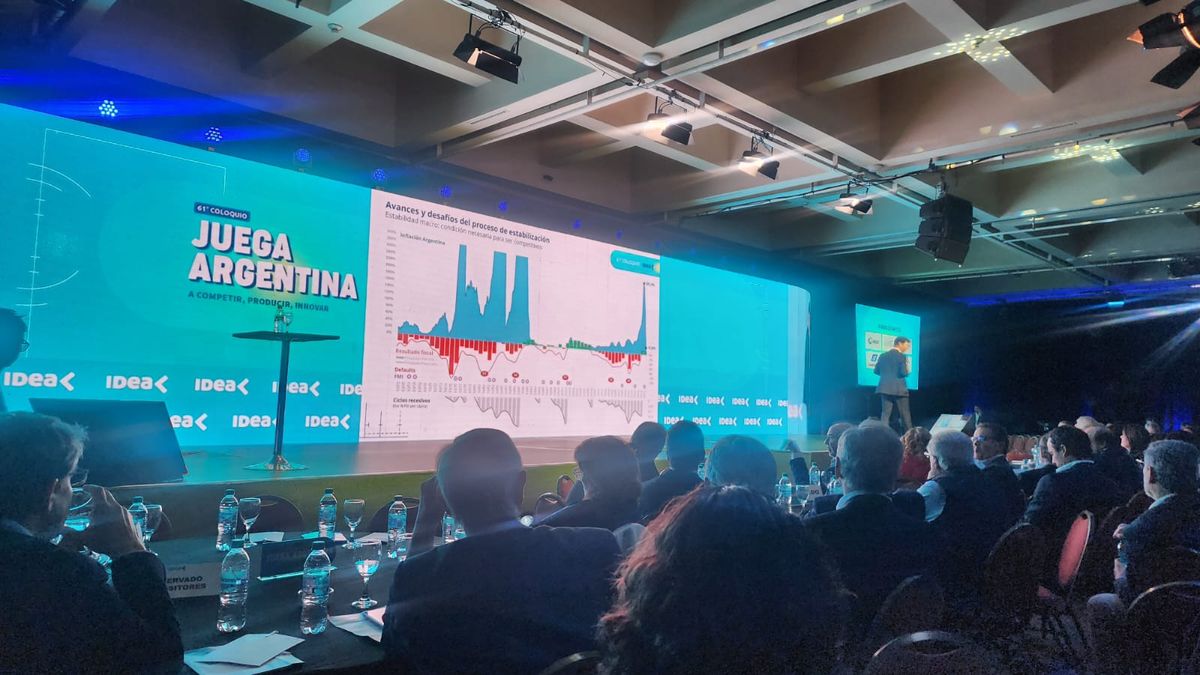“How? Didn’t you do the controls? “I don’t like war metaphors. I’m sick, I’m not going to war”; “The spiteful get cancer. Resentment is the cause”; “Don’t blame yourself for being sick”; “Long and cruel illness”
These are some of the phrases included in our book “Cancer and Words”, in which we explore the experiences of patients, analyzing what they hear and would like to hear from the medical, work, social, family and media spheres.
Many of these phrases, clichés very handy, can be very disturbing for those who receive them. Words reproduce stereotypes, myths and prejudices that work as amplifiers of suffering and are also very valuable tools when reflecting, transforming and proposing other social representations around the disease.
Cancer continues to be a taboo subject, which is preferred not to talk about. It continues to be associated with deterioration, pain, suffering, aggressive procedures and, inexorably, death, regardless of its type, detection, location and possible treatments. Its diagnosis is a disruptive event in a person’s life. It breaks with the everyday, with the known. It confronts us with the certainty of the diagnosis and the uncertainty of its evolution.
It is important to know that each person will face the disease in a unique and particular way. The psychological adaptation to the emotional impact will depend not only on the defensive mechanisms in play, but also on what happens around the sick person, that is, the vital moment in which they find themselves, their personal style, their family history, the type of illness and its possibility of treatment, and the meaning of illness and being ill.
Being diagnosed with cancer is much more than a medical experience. The term “cancer” transcends the field of health and disease, has a cultural connotation and social significance. It is used as a common adjective when it comes to accounting for any social evil that is lurking to destroy or corrupt.
Because of our work as psychologists, we deeply believe in the therapeutic nature of words during consultations and outside the office. Words are images, and images return words to us. We need to continue working on the use of words that help communication, so that the first association that arises when we say “cancer” is not death.
Source: Ambito




